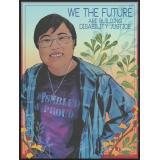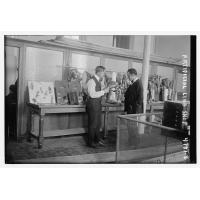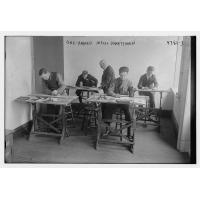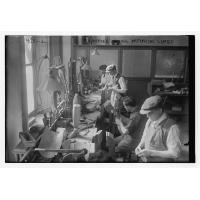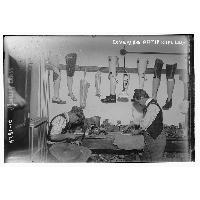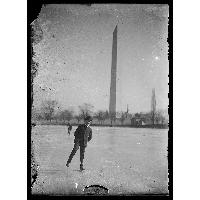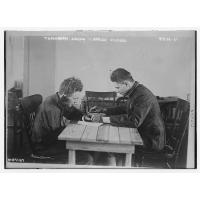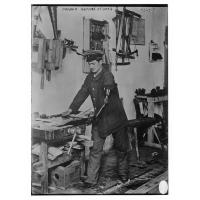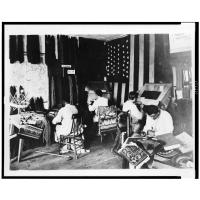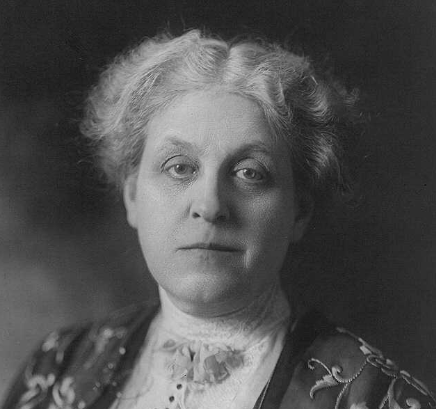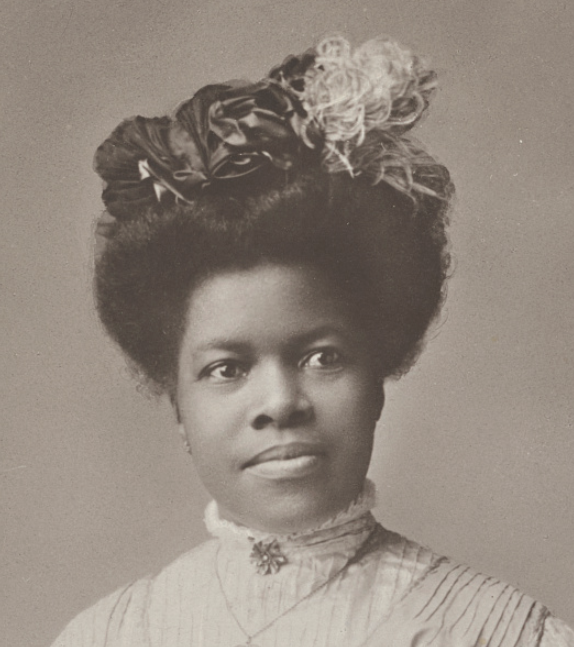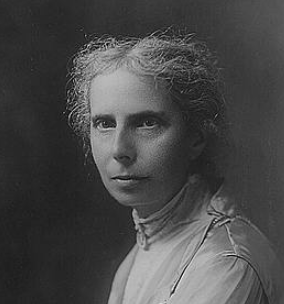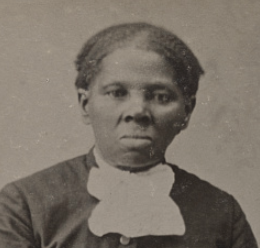Replies displayed by creation date
What skills would be required for each job? We don't have a date except for "World War I Era"; are these marketable skills in that period? Disability History
Hello everyone! I teach at Burlington High School and teach 9th grade US History I and senior electives.
Disability comes up in American History in precious few places in the most widely used narratives. We see it if it connects to a person who successfully overcame it (i.e.: Hellen Keller, FDR) and the narrative around it mirrors that of civil rights leaders like Rosa Parks: “See? This person is amazing!” (tending to overlook or underplay actual circumstances) We rarely, if ever, encounter disabilities as a feature of everyday life for average Americans, and when we do it is pretty sanitized.
The authors of these articles appear to argue that all manner of disabilities should be woven into the tapestry of American history as we teach it in classrooms. For example, Baynton would have us highlight disability as a feature of the rationale that led to various minority groups being oppressed (i.e.: “the impaired intelligence of African Americans made them incapable of equality with other Americans”) to help our students see the manner in which disability is a component of demonization. It is easy to see that there are ways to incorporate presentations of disability into history, for instance, Dorothea Dix’ reforms, the Eugenics movement, Immigration procedures and criterion at many points in history. It can also be incorporated into discussions of ways the federal government attempts to address disability like the passage of the ADA and the curing of diseases that used to cripple people physically. Lastly, it deserves consideration when discussing wars and the aftermath of those conflicts all of which caused portions of the population of the country to return physically disabled and emotionally scarred.
I moved this comment to the broader discussion on disability history. - Rich Cairn
Testimonials
- I love that there is new info on the site daily!
- I had a wonderful time working with the Library of Congress and learning about all of the resources at my fingertips!
- The TPS Teachers Network has an equal exchange of ideas. You know it's not a place where you're being judged.
- My colleagues post incredibly fine resources and ideas....the caliber of the suggestions and resources make me feel that I take a lot from it. It's a takeaway. And I hope that I can give back as much as I get.
- Going into this school year, I have a fantastic new resource for my own instruction and to share with my colleagues!
- I am very glad that I discovered the TPS Teachers Network through RQI. Great resources can be hard to find out there on the internet!

